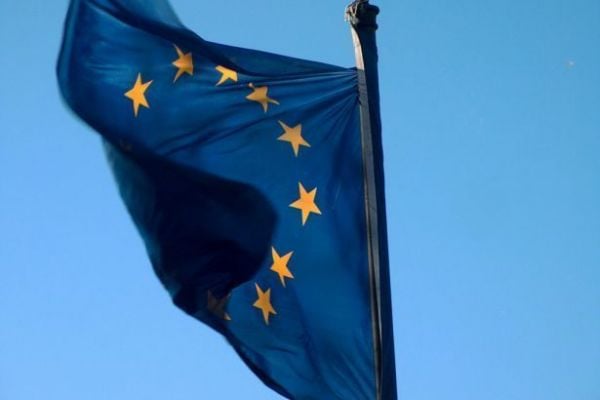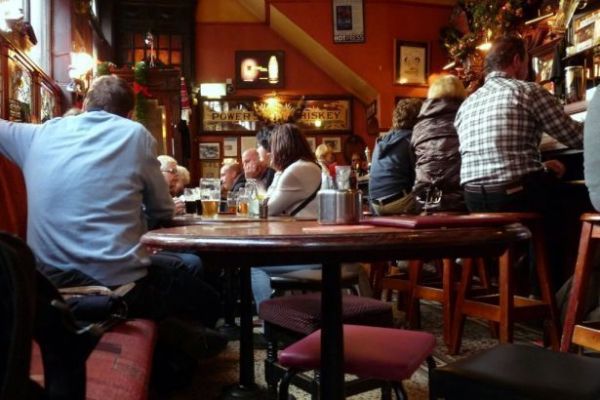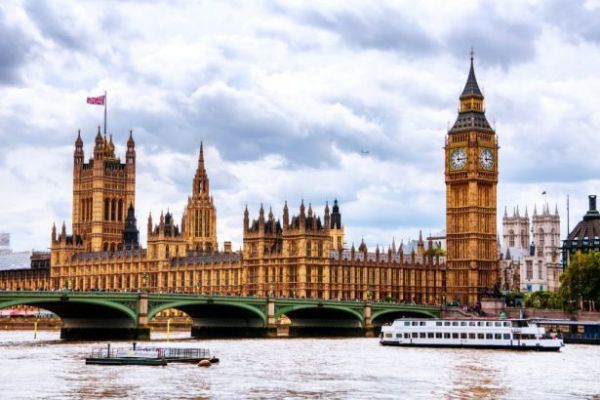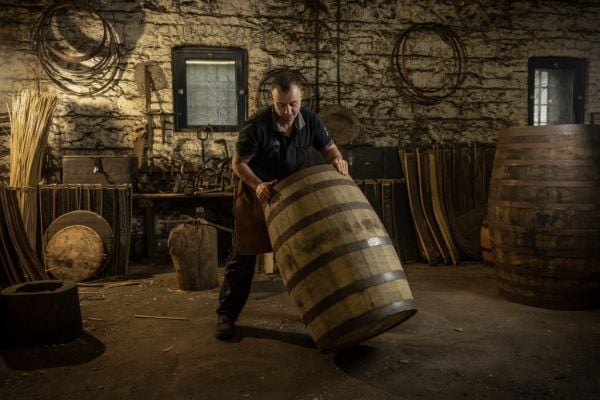Imagine a game of cricket on a village green in the English countryside.
The pace is slow. You won't miss much as you sit and enjoy a picnic.
How about a Melton Mowbray pork pie, where you bite through the shortcrust pastry and a layer of jelly before reaching the meaty center? To drink? Kentish Ale, best enjoyed at room temperature, without annoying bubbles. And to round it off, a slice of Stilton.
All three enjoy legal protection against imitation throughout the European Union under regulations that recognize regional and traditional foods. The list of protected foodstuffs also includes Cornish pasties, Whitstable oysters, Scotch beef, Jersey royal potatoes and Anglesey sea salt.
So what happens if Britons vote to leave the EU in the referendum on membership?
Not much, probably: EU protection isn't restricted to EU members so the producers could continue to receive protection from foreign copycats, much as French Champagne does. But that doesn't stop some producers from worrying.
"The EU has done a lot to protect Britain's food heritage," says Robin Skailes, whose family makes Stilton at Cropwell Bishop Creamery. "We make fantastic food in this country, and we want to preserve it for the next generation."
Stilton has enjoyed European Protected Designation of Origin status since 1996. That means it can only be made in the counties of Derbyshire, Nottinghamshire and Leicestershire, to traditional recipes. (By a quirk of history and geography, that excludes the Cambridgeshire village of Stilton, where the cheese may have originated.)
Andy Riches, a fisherman who catches lobsters and oysters at Whitstable on the southeastern coast isn't so sure that the EU is the fisherman's friend, even though Whitstable oysters are protected.
"The EU has hurt the fishing industry with its quotas, especially small boat owners," he says. "I've been a fisherman for 40 years and I've never been a fan of the EU."
The U.K. Department for Environment, Food & Rural Affairs emphasizes the value of EU protection.
“The EU Protected Food Names scheme enables our most iconic food to thrive in the international and domestic marketplace," according to the agency. It "protects British products from imitation, helping consumers recognize products as being traditional and authentic. Businesses awarded with PFN status have seen a boost in sales, helping grow local economies, increase employment and drive up tourism.”
Article by Richard Vines, edited by Hospitality Ireland









